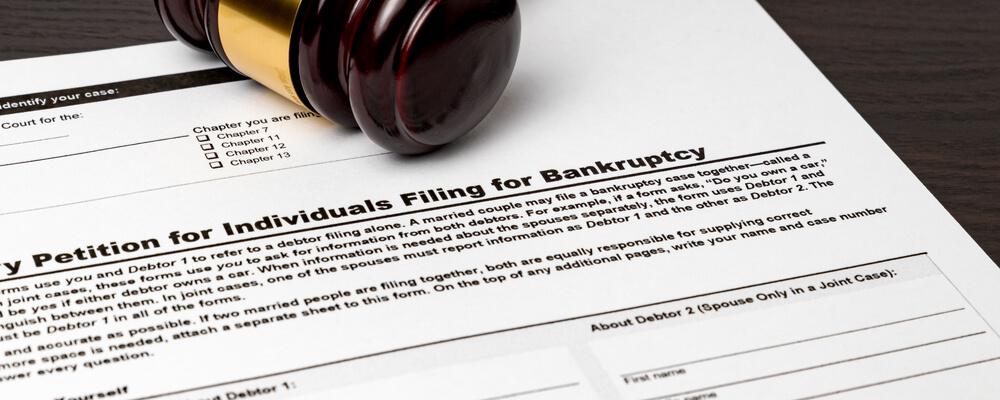Should I File for Bankruptcy?

United States Lawyers Helping Debtors Understand the Pros and Cons of Bankruptcy
Debt is a major financial issue for many people and families in the United States, but unfortunately, it is often difficult to discuss. Some see large debts as a moral failure or the result of irresponsibility, and this can make people reluctant to seek out advice or consider the possibility of filing for bankruptcy. However, many people experience debts through no fault of their own, since problems such as the loss of a job or an illness that requires costly medical treatment can cause them to struggle to pay their ongoing expenses. Regardless of the reasons for debt, the laws in the United States allow people to receive debt relief. When considering your options for regaining financial stability, it is important to understand the positive and negative aspects of filing for bankruptcy, as well as other alternatives that may be available.
Benefits of Bankruptcy
If you are dealing with overwhelming debt, you may have done whatever you could to make your ongoing payments while also covering necessary expenses such as food, housing, and utilities. You may have also spoken to your creditors to find ways to make your debt payments more affordable or attempted to rework your budget to cut back on expenses. However, if you have reached the point where it is difficult or impossible to pay back your debts, bankruptcy may be your best option.
When you file for bankruptcy, this will put an automatic stay on collection actions by creditors. This will stop all forms of creditor harassment, such as phone calls or letters attempting to collect payments on the debts you owe. It will also halt foreclosure proceedings initiated by your mortgage lender. This can give you some much-needed "breathing room," allowing you to pay your ongoing living expenses as you determine how you will address your debts during the bankruptcy process.
Depending on the types and amounts of your debts and the assets you own, bankruptcy may allow you to eliminate some or all of your debts or consolidate your debts into an affordable payment plan. If you pass the means test to qualify for Chapter 7 bankruptcy, you can discharge your debts, and you may be able to avoid having some or all of your assets seized and liquidated depending on the exemption laws in your state. If you do not pass the means test, or if you wish to maintain ownership of assets such as your home, you can pursue Chapter 13 bankruptcy. This will allow you to consolidate your debts into a three-to-five-year repayment plan, and after the plan is completed, your remaining unsecured debts will be discharged.
Drawbacks of Bankruptcy
While bankruptcy can help you address your debts and make sure you will have the means to support yourself and your family, it can also have a variety of negative effects. Perhaps the most significant drawback is the impact on your credit score. A Chapter 7 bankruptcy will remain on your credit report for up to 10 years, and a Chapter 13 bankruptcy will be visible for up to seven years. This can significantly affect your ability to obtain loans in the future, and it may also affect your job prospects, your ability to find housing, and your insurance rates.
Depending on the type of bankruptcy you pursue, you may be required to turn over certain assets. In a Chapter 7 bankruptcy, your non-exempt assets will be liquidated, and these may include your home, investments, funds in bank accounts, vehicles, or other property that is worth more than a certain amount. While a Chapter 13 bankruptcy will allow you to avoid turning over your property, you will need to make ongoing payments throughout the length of your repayment plan, and this may require you to make sacrifices and cut back on expenses to ensure that you can meet your obligations.
You will also want to be aware of the financial costs involved in the bankruptcy process. These include filing fees and court costs. You will also need to be prepared to pay fees related to attorney representation or assistance from accountants or other experts that may help you address financial matters during bankruptcy. While covering these costs may seem difficult when you are already struggling financially, it can benefit you in the long run, ensuring that you complete the bankruptcy process correctly and get the fresh start you need.
Contact a U.S. Bankruptcy Attorney
If you need to get out from under crushing debt, a skilled bankruptcy lawyer can advise you of your options. With an experienced legal advocate on your side, you can make sure you take the right steps to receive relief from debts, regain financial stability, and provide for your family's ongoing needs.











